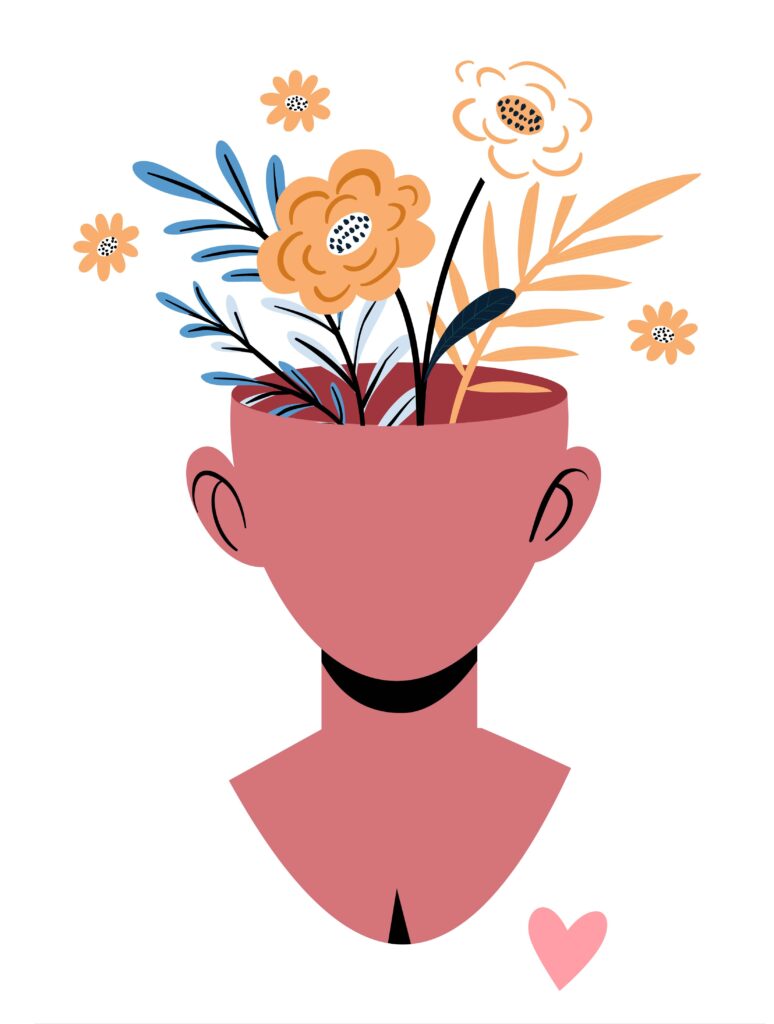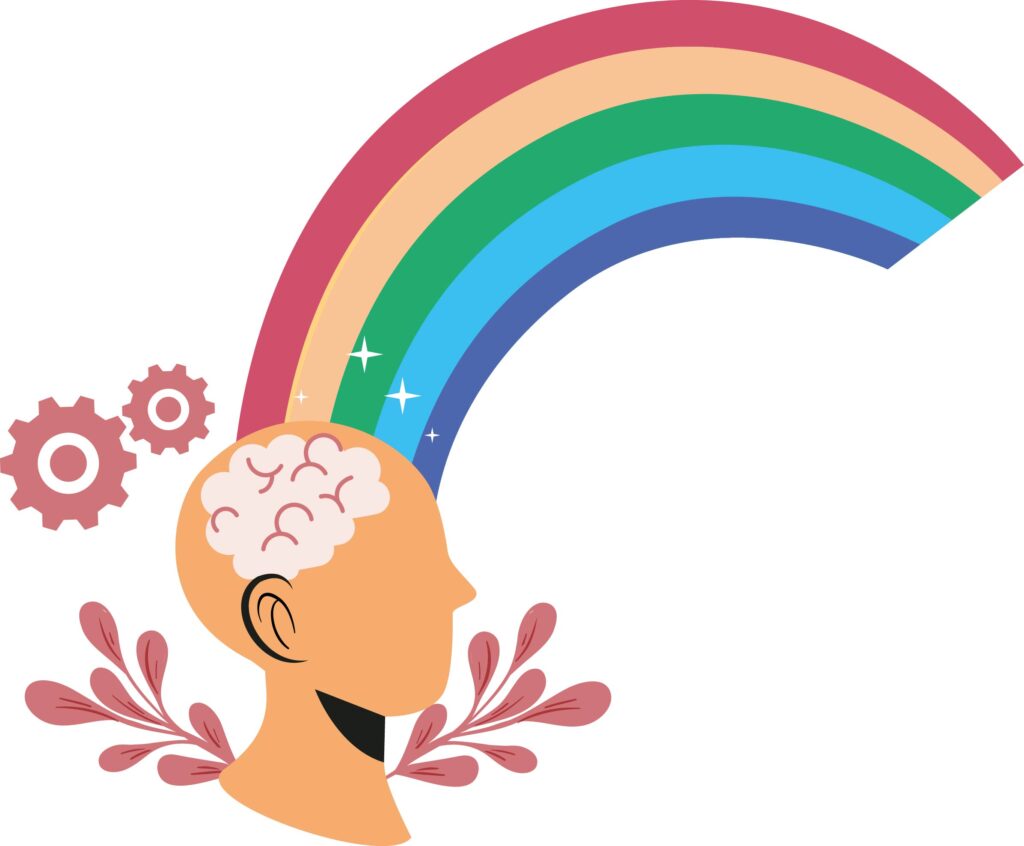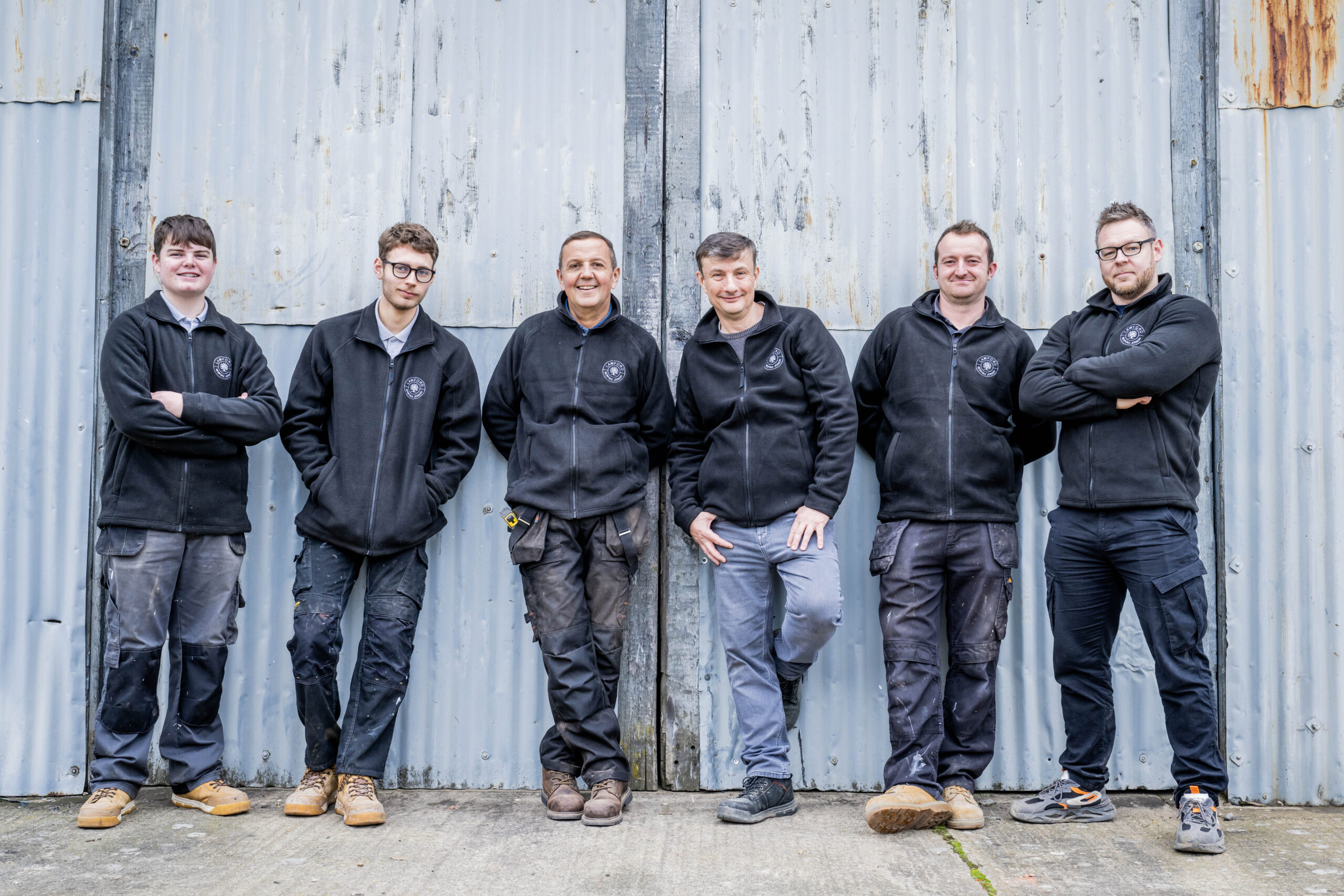Category: People
January’s third Monday, “Blue Monday”, is thought to be the most depressing day of the year. Spoiler: it isn’t. Let’s look after our mental health against commercial influences.
The mental health foundation documents that Blue Monday is a PR stunt that was originally dreamed up to sell holidays! Mental health ‘good and bad’ days are individual to each of us.
With that understanding we asked our internal Wellbeing forum, made up of our mental health first aiders, social value managers and HR team members to tell us about how they manage their own mental health, tips and advice they feel works well for them.
Some great advice is given around science backed areas such as exercise, diet, sleep, self-talk, work life balance, volunteering and the importance of social connections.
Emma Hull, Exec PA said
‘I have found that diet is really important to me, especially the older I get! There are so many hormones pumped into processed food which I discovered when I started perimenopause, as they can cause havoc in your already imbalanced hormones. So eating as pure as you can. (I am no saint and stress eat sugar but I always feel awful afterwards which just goes to show how bad it is for you)
Also I am not embarrassed to cry anymore, and if somebody asks me how I am, I tell them truthfully.

Tony Smith, SHE Manager said
‘I try and take my breaks away from my desk, go for a walk when not working and explore the outdoors. For me it’s all about a work life balance and enjoying my hobbies, both on my own or with family and friends. If you are under pressure, plan your workload, learn to ask for help if you can see you’re not going to hit a deadline, learn to say no without feeling bad.’
A group member said
For me its exercise and talking, I try and walk every lunchtime, getting fresh air and moving away from the workplace for a proper break, it also gets in your steps. I run every day too. I find if I don’t exercise like Emma says with sugar, you feel rotten. I have lost over 2 stone since August last year and have never felt better. I also make sure to talk about work etc with my partner and encourage honesty whilst doing so.’

Lindsay Maartens, Social Value Manager said
‘A huge part of my mental health is helping others. It gives me a sense of purpose and a feeling that I am part of something, that I can make a difference in someone’s day. But importantly getting a good night’s sleep too. I know that if my sleep is disturbed then I’m not in a good place and something is out of balance in my life, equally if I’m not getting good sleep then my mind and body take on a lot more stress.’
Mark Baker, Site Manager said
‘I like to go for a walk take a break for 15/30 minutes from the day to day activities. Even having a coffee or cup of tea in a different environment can help me refocus myself. I then go back with a calmer more settled approach.’
Victoria Burton, Bid Writer said
I have various ways of looking after my mental health – exercise, listening to podcasts, connecting with close friends, spending time with family, volunteering. I think it’s really important to find ways to distract yourself when things get on top of you, so you can get out of your own head and refocus.
Sheona Macmillan, Sustainability Manager said
I, in general love to stay busy, with several activities planned during the week after work and at the weekend. This helps with maintaining a healthy work/life balance. These activities include exercise and fresh air, brain stimulating games, and seeing friends. Another measure I have built in is ‘to do’ lists and making sure I tick off completed items. When things get tough, I will schedule dedicated time for certain work tasks to help with the workload, but also it is extremely important to talk and I am pleased to say that I have some very good work colleagues that I can call friends who help at these times. Talking with family and friends is very helpful for me and eating good food. If a difficult decision is weighing heavily on me, I find pros and cons list are helpful. And as Tony said, know when to say no and manage time expectations is empowering not a sign of weakness.

Hania Knox, HR & Training Support said
Away from the office I will take time out to have a read, do a spot of craft or just relax watching a good film.
Paul Stokes, Senior Estimator said
‘My main two tips have always been to get out and exercise. For me that is running but try and find what you enjoy whilst getting those endorphins flowing. The other is to talk to people, if you are lucky enough to have a good listening friend, or family member, you can offload your worries to then do!
Another thing we often suggest at Mind, and it’s easier said than done, is to try and not worry. They always ask people to think about how many times in life you’ve worried, lost sleep over, panicked about a problem and then it’s been as bad as your mind has built it up to be when it came to fruition. Not many! So try and keep yourself occupied and relax a little. It took me years to do this right but it works!’

Gemma Meekings, Marketing Manager said
‘Questioning negative thinking, negative self-talk, and stopping unhelpful trains of thought in general. A few years ago I did a lot of work on my own mental health and a huge learning for me was the human brain’s tendency to always look for the negative, (automatic negative thoughts). Our brains have been hardwired through evolution to focus on the negative. Traced back to prehistoric days, primitive man had to be able to register threats to avoid danger and increase survival rates. In the modern day, left unchecked these automatic thoughts can generate emotions such as anxiety, sadness, frustration, guilt, shame, anger, or unworthiness. I try my best to talk back internally, ‘is this thought true? Can I absolutely know that it is true? How would I feel if I didn’t have this thought?’
At Stepnell we provide a range of support for employees mental and physical health, including a comprehensive employee assistance programme, which gives employees free access to unlimited mental health consultations, 24/7 remote GP appointments, physiotherapy, 1-2-1 lifestyle coaching, financial and legal guidance, everyday savings and discounts, 1-2-1 personal training and nutritional consultations.




